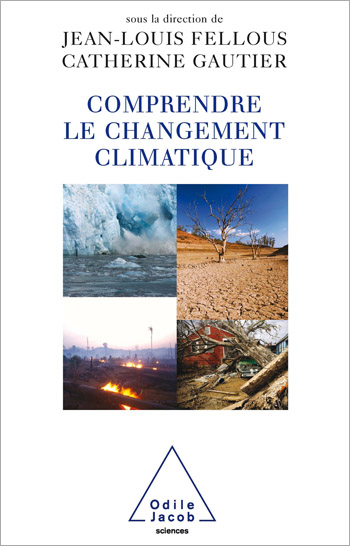Earth Sciences All books
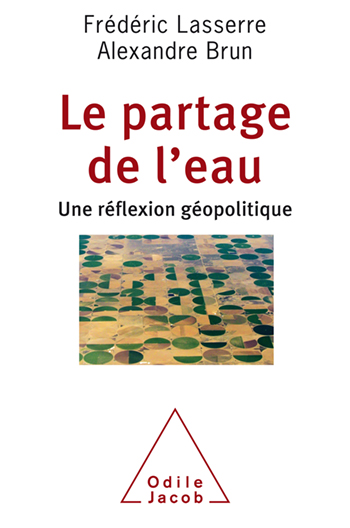
Frédéric Lasserre, Alexandre Brun
The Geopolitics of Water/Sharing Water Water – a source of conflicts
Water: a major geopolitical issue in the twenty-first century. Will it take “water wars” to impose an equitable distribution of resources?
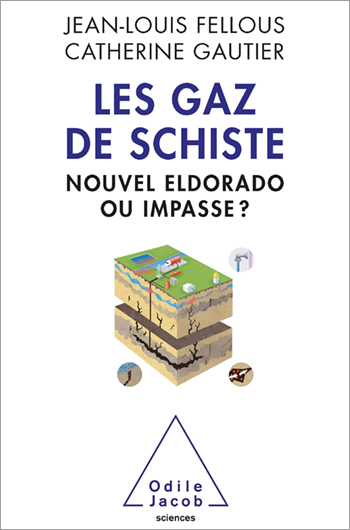
Jean-Louis Fellous, Catherine Gautier
The Gazs Shale New Eldorado or Impasse ?
Global problems related to the interaction of humans with their environment are multiplying: climatic upheaval, oil crisis, energy policies that are too lenient on carbon emissions
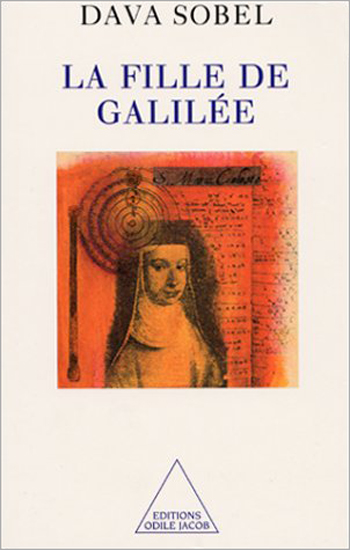
Dava Sobel
Galileos Daughter
This is a most unusual biography about Galileos daughter. Galileo Galilei (1564-1642) was regarded by Albert Einstein not only as the father of modern physics but as the father of all modern science. His eldest child, Virginia, mirrored Galileos own brilliance, industry and sensibility, and by virtue of these qualities became his confidante. Their correspondence, reproduced throughout the book, reveals their intense relationship, based on tender attachment and intellectual stimulation. The little-known life of Maria Celeste gives a human dimension to one of the major seventeenth-century scientists. His struggle with the Church is a lasting symbol of the conflict between science and religion. Galileos Daughter offers a powerful account of papal Rome and of Florentine intellectual life during the time of the Medicis. Dava Sobel is a writer who lives in New York
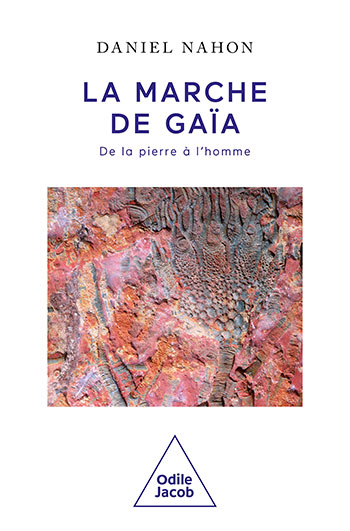
Daniel Nahon
Gaia’s March From Stone to Humans
The history of the Earth and its land by one of the foremost specialists. It is also, of course, a history of life, climates, a very timely reflection on the exploitation of the Earth and its resources.
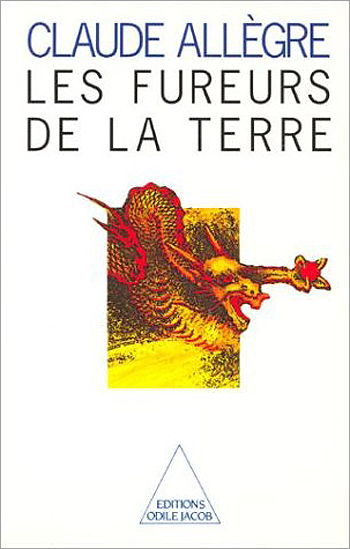
Claude Allègre
The Furies of the Earth
Can modern science protect us against earthquakes and volcanic eruptions? What are their causes? What can be done to prevent them? C. Allègre, the world-known geologist, answers these questions, while investigating the role of scientists and the medias.
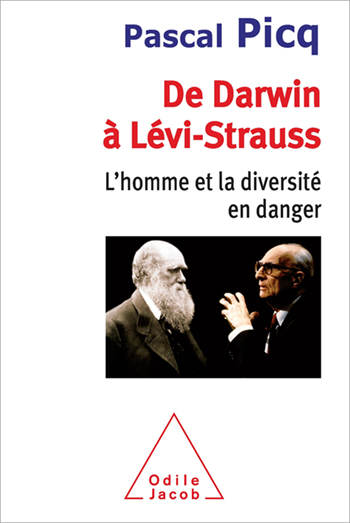
Pascal Picq
From Darwin to Lévi-Strauss
An appeal by an eminent scientist for greater biodiversity, in Nature and humans
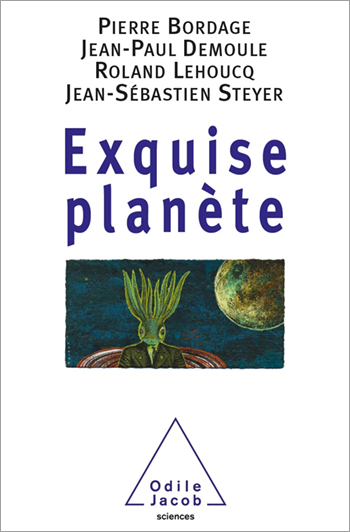
Pierre Bordage, Jean-Paul Demoule, Roland Lehoucq , Jean-Sébastien Steyer
Exquisite Planet
Adapting the form of an ‘Exquisite Corpse’ (a Surrealist technique in which collaborators draw in turn on a sheet of paper, fold it so that only a fragment remains visible, then pass it on to the next collaborator who improvises a new drawing), the four authors of this book have each described a possible planet and imagined the life forms that could have developed there, according to the laws of evolution.

